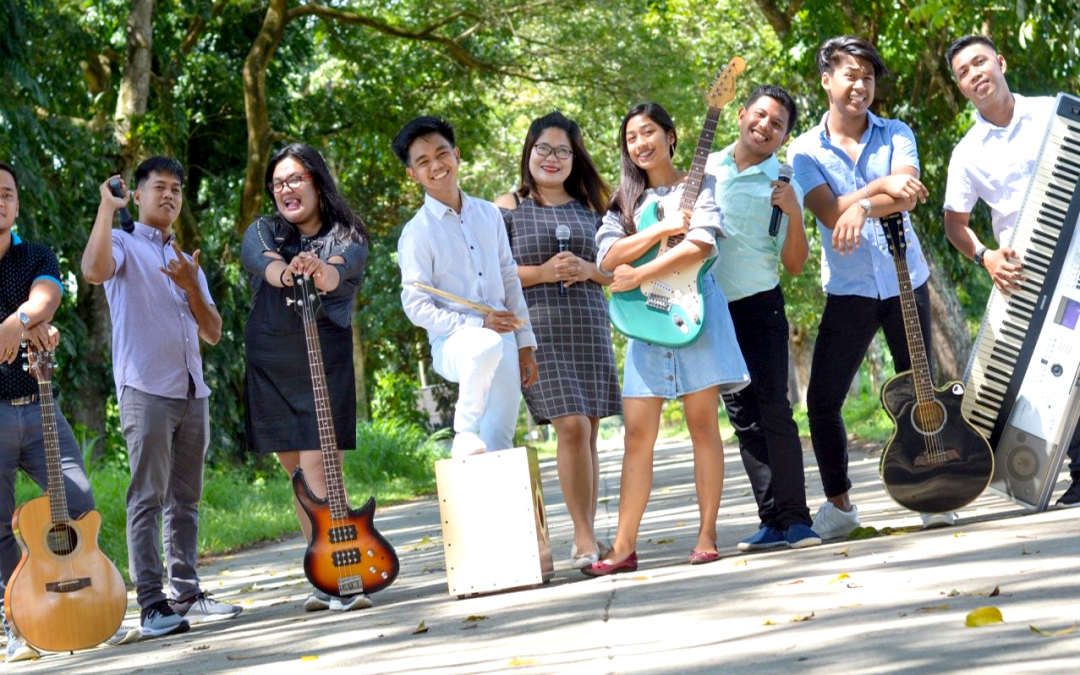2021 Local Initiative Grants
By the Rev. Dr. Jean Hawxhurst
The Council of Bishops is charged with the oversite and leadership of the ecumenical and interreligious engagements of The United Methodist Church. One of the many things the bishops do to promote unity and hospitality in local contexts across the United Methodist connection is offer annual Local Initiative Grants, awarded to groups who are creating and leading creative ministries in their contexts but need a little extra help with funding.
Grant preference is given to conference groups elected to lead in ecumenical and interreligious relationships, as well as projects that are ecumenical and/or interreligious in both scope (who is invited to participate) and focus (having the goal of deepening unity and hospitality).
Three groups were chosen to receive $1,000 U.S. each for the 2020-2021 grant cycle.
The Kabacan Ecumenical Young People’s Fellowship
The Kabacan Ecumenical Young People’s Fellowship, in Cotabato, Philippines, is led by Chona B. Panaguiton. She has been leading this 60-member group for a while, but the COVID-19 crisis caused her to think deeper about how she could keep the music ministry of this diverse group of young adults alive and vital. The group decided to work from their homes to create a music collection entitled “Ecumenical Songs of Praises.” The members are from United Methodist, Independent Christian, Episcopal, Roman Catholic, United Church of Christ and Muslim houses of worship, and they meet together regularly online. The group created several songs together and put them on a CD, which will be given to all the houses of worship for use in their weekly online services.
The Tennessee Committee on Christian Unity and Interreligious Relationships (CUIR)
CUIR, an official committee of the annual conference, has been working with the bishops’ new online curriculum about ecumenism, entitled “One in the Spirit,” as a formational tool in developing the relationship between Episcopalians and United Methodists in the bounds of their conference. The CUIR and parallel Episcopal group is first engaging in the six-session study online together; then, they will branch out to at least five new, ecumenical small groups and teach the curriculum again to others. The hope is to get as many United Methodists and Episcopalians as possible studying and talking together, as both denominations move toward full communion in 2024.
State College Interfaith Leaders
The State College Interfaith Leaders group, in State College, Pennsylvania, consists of leaders from the African Methodist Episcopal Church, the American Baptist Church, the Baha’i Community, the Church of the Brethren, the Episcopal Church, the Evangelical Lutheran Church of America, the Jewish Temple, the Mennonite Church, the Presbyterian Church (USA), the Unitarian Universalist Community and the United Church of Christ. They are also connected with the leaders of the State College Cluster of eight United Methodist churches. The group meets monthly to discuss inclusion and diversity within their context, as well as race, faith and unity. They also plan to read The New Jim Crow, participate in bias and hate crime training, host a virtual town hall and work together to create a curriculum to be used by others.

